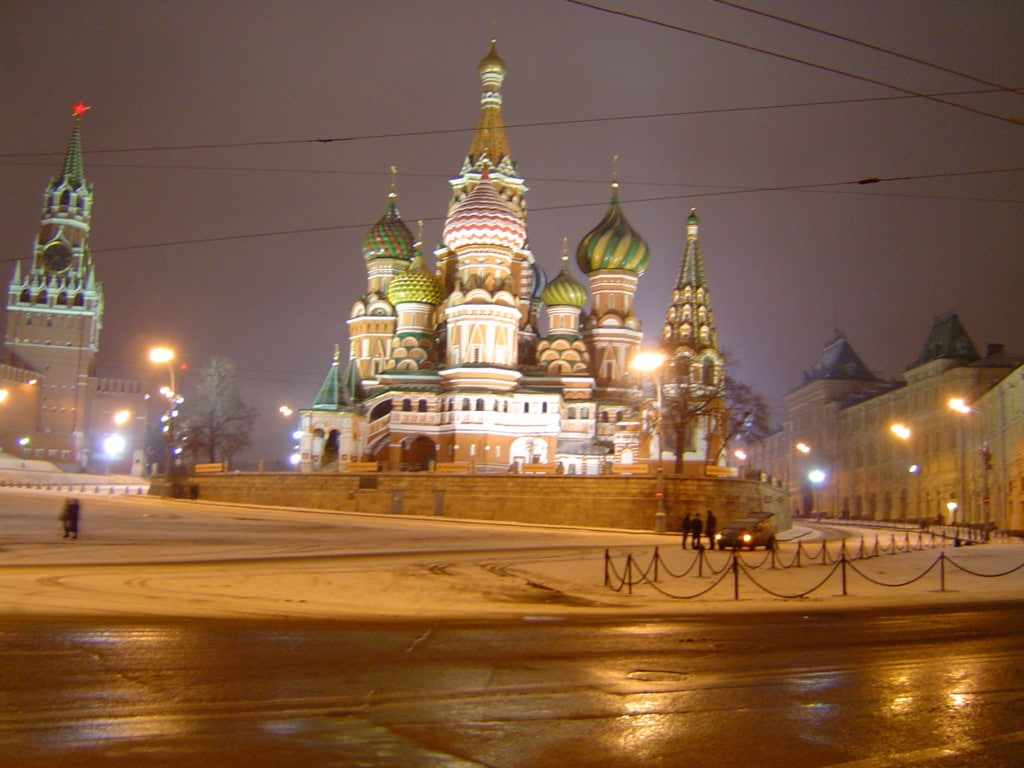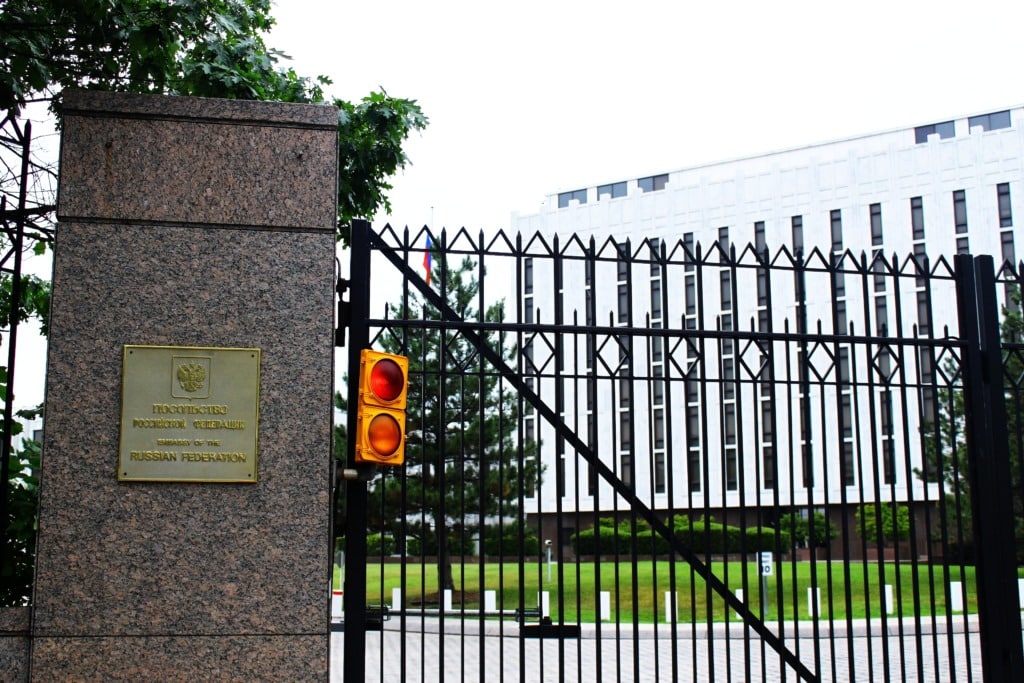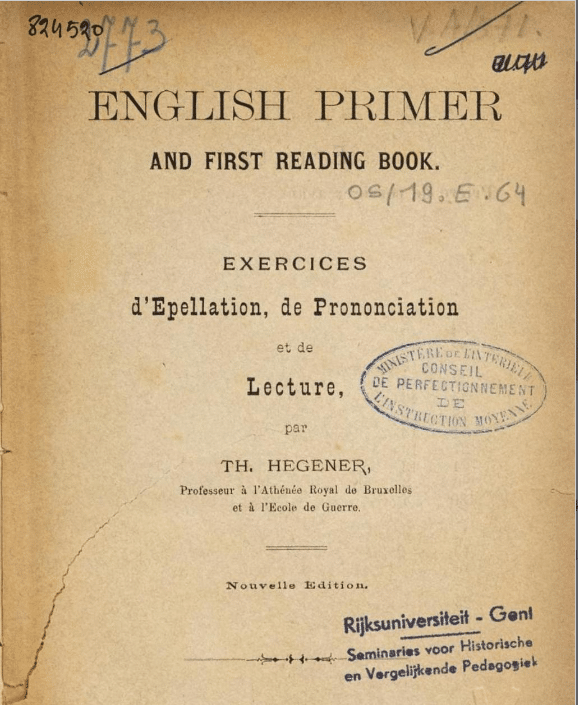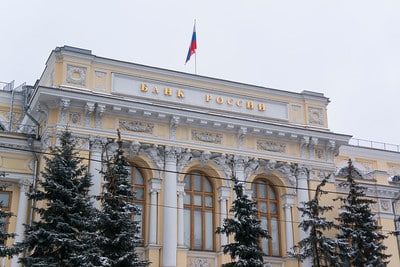Russia’s Lugovoy Law and the Battle for Jurisdiction
Sanctions have not only complicated the enforcement of contracts—they have also begun to affect the forums in which transnational disputes may be resolved. Russia’s so-called “Lugovoy Law” allows sanctioned parties to sue in Russian courts even when they have agreed to have their disputes decided elsewhere, and it is backed by threats of steep penalties….
Continue ReadingServing Process on Russia Through “Diplomatic Channels” Under the FSIA
A party suing a foreign state in federal or state court must comply with the Foreign Sovereign Immunities Act (FSIA). The FSIA governs not only when a foreign state is immune from suit and from execution, but also how a foreign state must be served with process. Section 1608(a) provides four possible methods of service…
Continue ReadingRecent Scholarship on Sovereign Immunity from Executive Measures
Immunity protects the assets of foreign sovereigns from the jurisdiction of domestic courts. Customary international law requires such immunity, which is also conferred in the United States by the Foreign Sovereign Immunities Act (FSIA). An important question about sovereign immunity is whether it also protects the assets of foreign sovereigns from executive branch or administrative…
Continue ReadingFederal Court Issues Worldwide Anti-Enforcement Injunction
Last month, Judge Edward Davila (Northern District of California) granted a motion by Google for a rare type of equitable relief: a worldwide anti-enforcement injunction. In Google v. Nao Tsargrad Media, a Russian media company obtained a judgment against Google in Russia and then began proceedings to enforce it in nine different countries. Arguing that…
Continue ReadingSecond Circuit Expands Scope of Anti-Terrorism Act Suits Against Foreign States
On February 4, 2025, in Schansman v. Sberbank, the U.S. Court of Appeals for the Second Circuit ruled that foreign states and their agencies and instrumentalities may be sued under the Anti-Terrorism Act (ATA) for acts of international terrorism, provided that one of the enumerated exceptions to sovereign immunity in the Foreign Sovereign Immunities Act…
Continue ReadingA Primer on Service-of-Process Clauses
A service-of-process clause is a contract provision that specifies how a summons and a complaint shall be served upon a person named as a defendant in a U.S. court. This post surveys the issues presented by such provisions. It first discusses the three most common varieties: (1) those that specify a method by which process…
Continue ReadingSuing Over the Price of Gas
The Organization of Petroleum Exporting Countries (OPEC) was established in 1960 “to ensure the stabilization of prices by, among other means, the regulation of production.” On one level, OPEC is simply a cartel engaged in anticompetitive behavior. On another level, it is an organization of nation-states that plays a significant role in world politics. Since…
Continue ReadingJPMorgan Caught Up in U.S. Sanctions Against Russia
A recent dispute in U.S. federal court shows that efforts to isolate Russia through sanctions are seeping into the courts of both countries. As the economic and legal regimes of Russia and the United States drift further apart, both Russian and U.S. courts have become increasingly bold in flouting the orders of the other. This…
Continue ReadingWestern Seizure of Russian Central Bank Assets Risks Sparking Global Pushback
As fighting between Russia and Ukraine continues to drag on, Kiev’s backers are taking steps to confiscate Russian central bank assets frozen in the West. Whether it is legislators advocating for such a move, governments exploring potential mechanisms or authorizing leaders to seize assets belonging to the Russian Federation, momentum is building. Doing so may…
Continue ReadingFederal Court Enjoins New Jersey Statute Sanctioning Russia
Following Russia’s full-scale invasion of Ukraine in 2022, New Jersey enacted a statute (the “Russia Act”) prohibiting state agencies and political subdivisions from doing business with entities engaged in “prohibited activities” in Russia. In Kyocera Document Sols. Am., Inc. v. Div. of Admin., district court judge Robert H. Kirsch held that the statute is preempted…
Continue Reading








